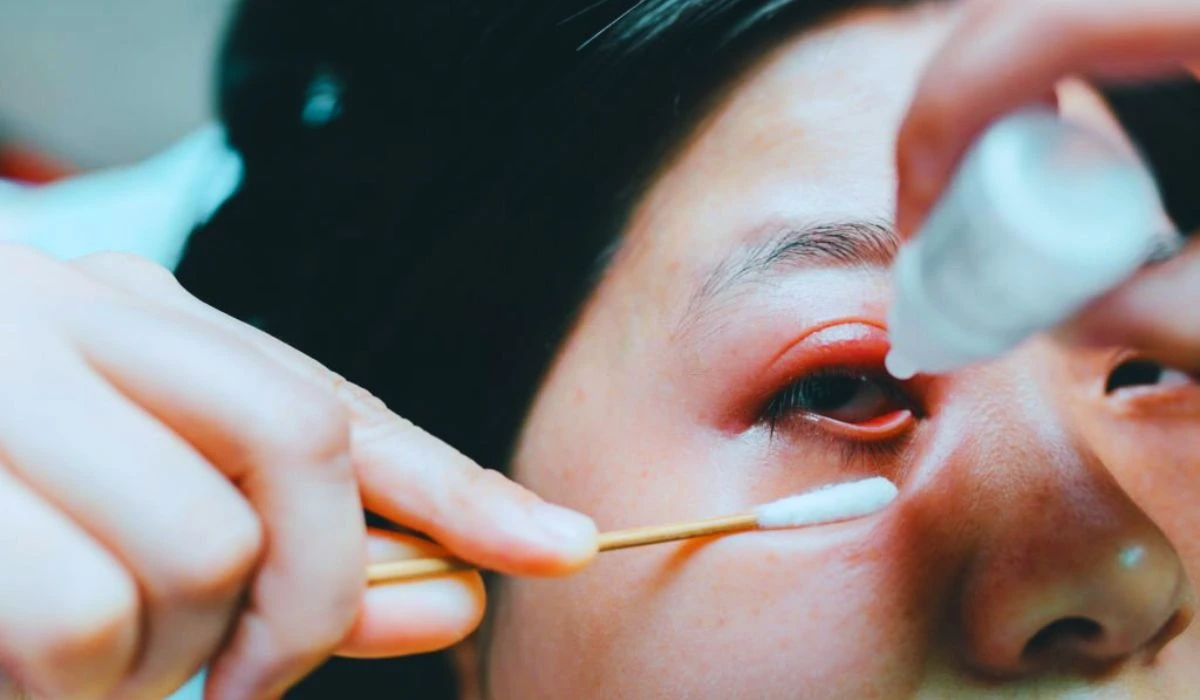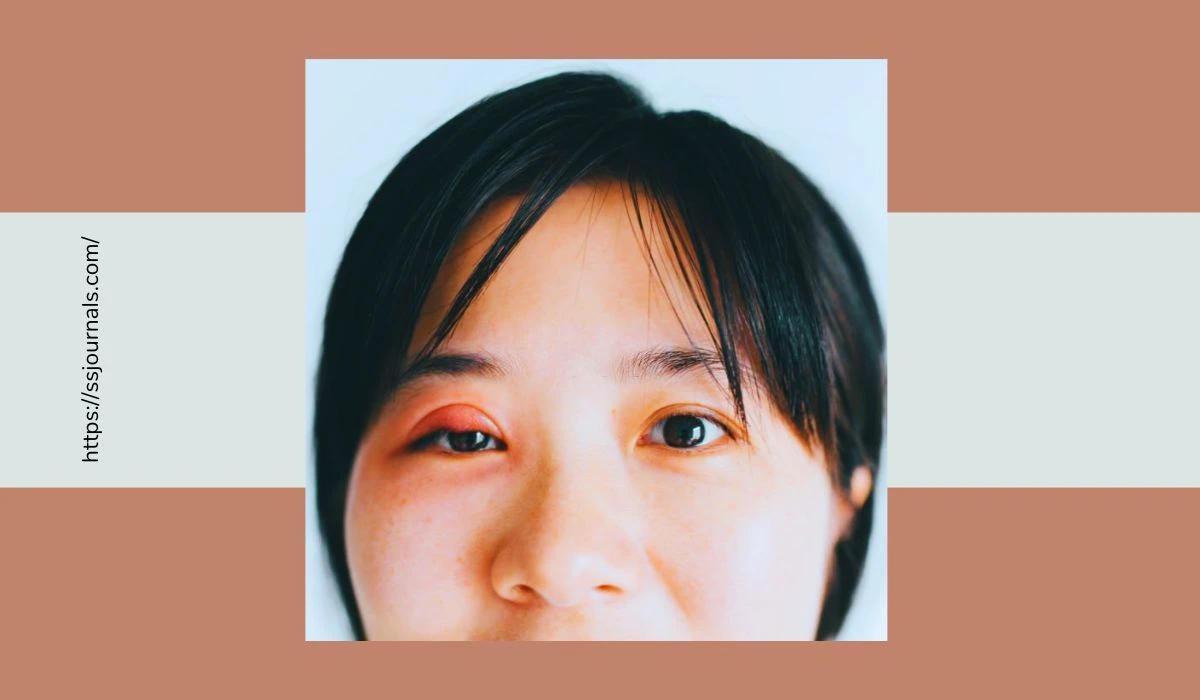Swollen or puffy eyelids are a common condition that can affect anyone. It occurs when there is inflammation or fluid buildup in the tissues around the eyes. A swollen eyelid can be caused by a number of factors including infections, allergies, trauma, and medical conditions.
While a swollen eyelid may seem minor, it can be uncomfortable and in some cases indicate a more serious underlying issue. Identifying the cause and pursuing proper treatment can provide relief and prevent potential complications.
This article explores the various causes of swollen eyelids, treatment options, prevention strategies, and frequently asked questions about this condition.
Causes Of Swollen Eyelid

There are several potential causes of a swollen eyelid:
- Infections: Bacterial, viral, or fungal infections of the eyelid or eye area can result in swelling and redness. Common culprits include styes, blepharitis (eyelid inflammation), and cellulitis (a bacterial skin infection).
- Allergies: Seasonal or environmental allergies can trigger inflammation of the eyelids. Rubbing the eyes after exposure to allergens can also cause swelling.
- Injuries: Trauma from an insect bite, scratch, or blow to the eye area can damage blood vessels and tissues leading to swelling and bruising.
- Medical conditions: Certain chronic health conditions like eczema, lupus, thyroid disease, and edema (fluid buildup) can manifest with puffy eyelids. Swelling may also signal a hemorrhage or tumor behind the eye.
- Medications: Some prescription drugs, like steroids, can cause fluid retention and swelling around the eyes as a side effect.
Treatments For Swollen Eyelid
Depending on the underlying cause, several treatment options may provide relief for a swollen eyelid:
- Cold compresses – Applying a clean cold compress to the affected eyelid for 10-15 minutes several times a day can reduce inflammation and swelling.
- Warm compresses – Warm, moist heat applied to the eyelid can help drain blocked glands and oil buildup that cause styes.
- Medications – Over-the-counter antihistamines and decongestants can reduce allergic swelling. Antibiotic ointments or pills may be prescribed for infections.
- Home remedies – Natural remedies like cool cucumber slices, chilled tea bags, and aloe vera gel can also soothe puffy eyelids when applied topically.
- Medical procedures – For chronic or severe swelling, a doctor may drain fluid with a small needle or prescribe steroid injections to reduce inflammation.
- Surgery – If a tumor or obstruction is causing the swelling, surgical removal may be necessary.
Lifestyle Measures To Prevent Swollen Eyelids
– Practice good hygiene and properly clean the eyelids and eyelashes to prevent infections.
– Avoid rubbing the eyes, which can irritate the delicate skin.
– Wear sunglasses outdoors to minimize exposure to pollen and other allergens.
– Use ocular protective eye creams or moisturizers to keep the eye area hydrated.
– Limit salt intake to reduce fluid retention and swelling.
– Adjust medications that may be causing side effects under a doctor’s supervision.
Getting enough sleep and managing stress can also help decrease eyelid inflammation for some people. Seeking prompt medical care for symptoms can prevent minor issues like styes from progressing to more problematic infections.
Also Check: What Causes Veiny Eyelids? Know The Treatment And Prevention
Conclusion
A swollen eyelid can arise rather suddenly but is rarely cause for alarm. In most cases, it resolves on its own or with simple at-home treatments. However, swelling can also indicate a more serious health issue that requires medical care.
Paying attention to accompanying symptoms and getting an accurate diagnosis of the cause is key to finding the appropriate treatment and relief. With proper care, precautions, and prevention, problematic swollen eyelids can often be avoided or managed effectively.
FAQ
A: In most cases, a swollen eyelid is not serious and will resolve on its own. However, if the swelling is severe, painful, or accompanied by vision changes, it could indicate a more serious infection or condition requiring medical treatment.
A: Seek medical care if swelling is severe, persists over 3-4 days, or occurs with vision changes, moderate to severe pain, redness, discharge, or fever. These symptoms may indicate an infection or a more serious condition requiring treatment.
A: Signs of a swollen eyelid from an allergic reaction include itching, redness, watery eyes, and swelling of both the upper and lower eyelids. Allergic swelling may arise suddenly and often affects both eyes.
A: Applying cool compresses, chilled cucumber slices, cold tea bags, or aloe vera gel to the affected eyelid can help reduce swelling and discomfort. Antihistamine eye drops may also provide relief for allergic reactions.
A: Practicing good hygiene, avoiding eye irritants, minimizing exposure to allergens, and treating medical conditions that can cause swelling may help prevent problematic swollen eyelids. Protecting the eyes from sun exposure and trauma can also reduce swelling risk.

